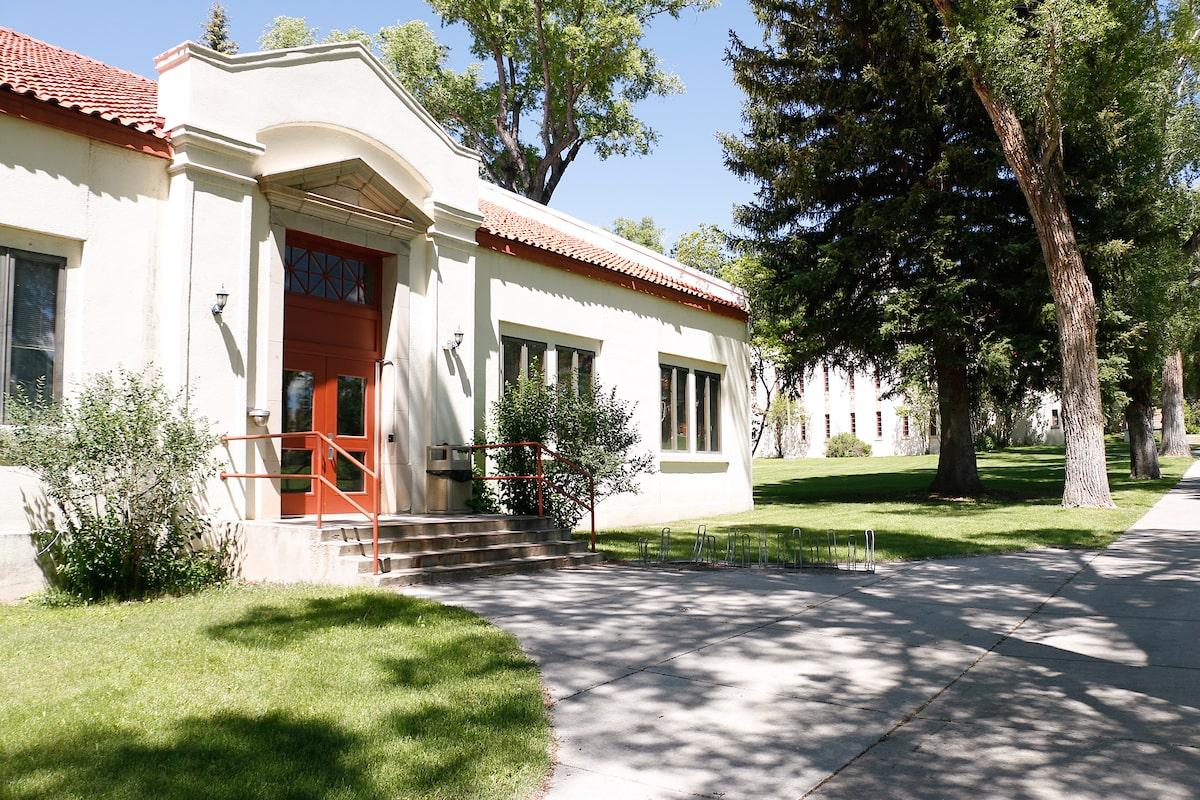- Candidate must submit:
- Proof of fingerprint clearance and background check by state agency
- Two professional recommendation forms
- Resume
- Payment of university application fee
- Official transcript of conferred bachelor’s degree from a regionally accredited college or university showing recommended 3.0 cumulative GPA or higher
- Personal statement
- Candidate must demonstrate knowledge of the content area by:
- passing a Praxis Subject Assessment (Special Ed. and Elementary Ed. must pass the Praxis Subject Assessment for Elementary Education Content Knowledge #5001); OR
- a conferred degree in the content area; OR
- a content evaluation of 24 semester hours of transcripted college coursework.
Fingerprinting
Proof of fingerprint background check by state agency
- Create your lifetime Colorado Online Licensing (COOL) account through CDE: https://cool.randasolutions.com/Account/Login
- Schedule your fingerprinting appointment with one of CBI’s approved fingerprinting vendors
- IdentoGo service code: 25YQZV (most commonly used vendor)
-
- For Colorado residents, choose the Digital Printing, NOT the mail-in card.
- For out-of-state applicants, choose the mail-in card
-
- American Biodentity Inc./Colorado Fingerprinting service code: 6188EPPI
- IdentoGo service code: 25YQZV (most commonly used vendor)
- Proof of fingerprint background check can also be documented by submitting a copy of a current Substitute Teaching License
Provisional Admission to the MA in Education program
An applicant who does not meet the requirements for full admission to the Master of Arts in Education program may be required to submit additional materials in order to be considered for provisional admission upon the recommendation of the program director and approval by the Dean of Graduate Studies. These may include evidence of relevant professional experience, post-BA coursework, professional development, recommendations, and any other experience that demonstrates history of work, study, volunteering or other professional activity demonstrating potential to be a quality educator and successful graduate student. The program director may request a phone interview with the applicant. A provisionally admitted student will have a maximum of one calendar year to complete any pre-requisite academic coursework. The program director or Dean of Graduate Studies may set additional timeline requirements.
Additional Requirements for Alternative Teacher Licensure Candidates
- Secure a full-time teaching position in your endorsement area and submit your employment contract with your application.
- Submit Statement of Assurance to CDE after being admitted
For more information on the requirements of the Alternative Licensure program, see the Colorado Department of Education Alternative Teacher Program webpage.






